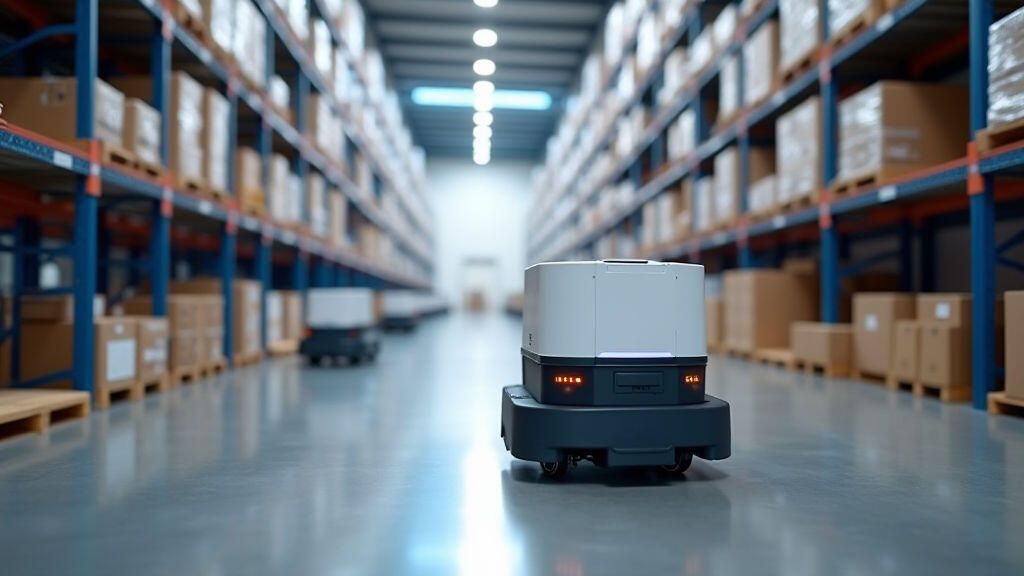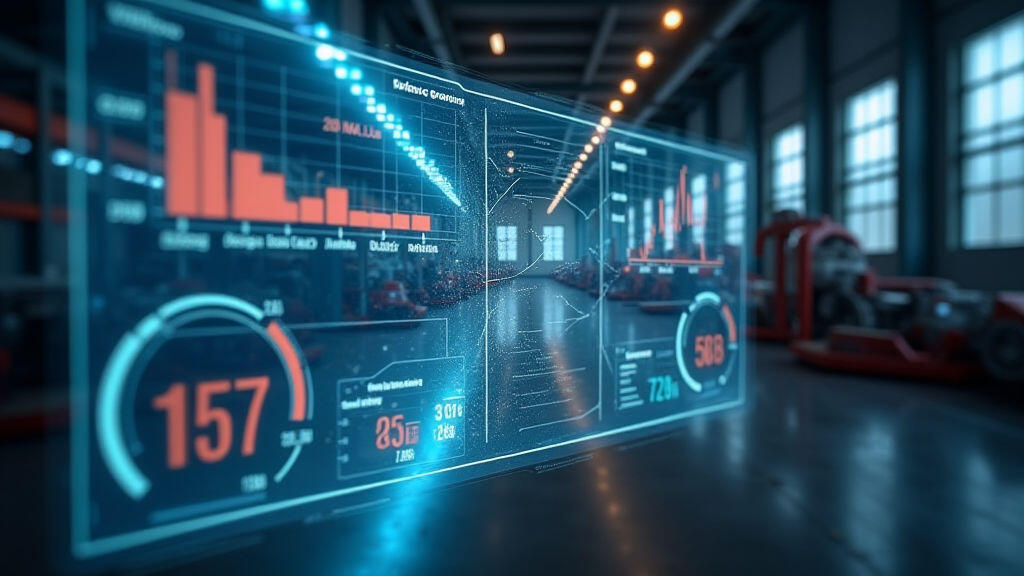
The global logistics industry is currently navigating a complex landscape. Supply chain disruptions, rising fuel costs, and increasing customer expectations for faster, more reliable deliveries are creating significant pressure on businesses. In this environment, cost reduction and efficiency improvement are no longer optional; they are prerequisites for survival and growth. A crucial, often overlooked, element in achieving these goals lies in the optimization of logistics and conveying equipment, with gear motors playing a pivotal role. This article delves into how advancements in gear motor technology can drive significant improvements across the logistics sector, using MES-Drive as a prime example of innovation in this space.
Traditional conveyor systems often suffer from energy inefficiency, frequent maintenance requirements, and limited adaptability to changing operational needs. Many systems rely on outdated motor technologies, leading to wasted energy and increased operational costs. Furthermore, the lack of precise control over conveyor speed and load can result in bottlenecks, delays, and ultimately, higher expenses. The current surge in e-commerce, driven by consumer demand and amplified by trends like personalized deliveries (a direct response to the rapid growth of online retail), has exacerbated these existing challenges. Fulfillment centers are facing unprecedented volumes, demanding faster, more agile, and more energy-efficient solutions.
Gear motors are specialized electric motors coupled with a gearbox. This combination offers a significant advantage over direct-drive motors: increased torque and reduced speed. This allows for greater mechanical force with less energy consumption and offers precise speed control—essential for optimizing conveyor performance. The benefits extend far beyond theoretical advantages; they translate directly into tangible cost savings and improved efficiency.
The versatility of gear motors makes them applicable to a wide range of logistics and conveying applications. Here are some key examples:

The integration of smart technology is transforming gear motor applications in logistics. MES-Drive, for example, is developing gear motors with integrated sensors and communication capabilities. These capabilities enable real-time monitoring of motor performance, predictive maintenance, and remote control. This connectivity allows logistics operators to proactively address potential issues, minimizing downtime and optimizing energy usage.
Furthermore, advancements in gear design, materials science, and lubrication technology are continuously improving the performance and lifespan of gear motors. For instance, the use of advanced coatings and specialized lubricants reduces friction and wear, further enhancing efficiency and reliability.
The advent of the Internet of Things (IoT) allows for the collection and analysis of vast amounts of data from logistics operations. This data can be leveraged to further optimize gear motor performance. For example, by monitoring motor temperature, vibration, and current draw, operators can identify potential problems before they lead to failures. Data analytics can also be used to optimize conveyor speed and load based on real-time traffic patterns, minimizing bottlenecks and maximizing throughput.
The impact of these optimizations is significant. Studies have shown that intelligent gear motor systems can reduce energy consumption by up to 20% and decrease maintenance costs by 15%. These savings translate directly into increased profitability and improved competitiveness for logistics companies.

In conclusion, gear motors are no longer simply components; they are integral enablers of efficiency and cost reduction in the modern logistics industry. By providing increased torque, precise control, and enhanced reliability, they address many of the challenges faced by logistics operators today. As the industry continues to evolve – driven by e-commerce growth and the increasing demand for faster, more agile delivery solutions – the role of gear motors will only become more critical. Companies like MES-Drive are at the forefront of this transformation, developing innovative gear motor technologies that leverage smart technology, IoT, and data analytics to unlock new levels of performance and efficiency. With the ongoing focus on sustainability and operational excellence (hot topics in the current business climate), investment in advanced gear motor solutions is a strategic imperative for logistics companies looking to thrive in the future. The convergence of automation, data-driven insights, and intelligent gear motor technology is shaping a smarter, more efficient, and more resilient logistics sector—positioning gear motors as a cornerstone of this evolution.
Leave A Reply
Your email address will not be published. Required fiels are marked